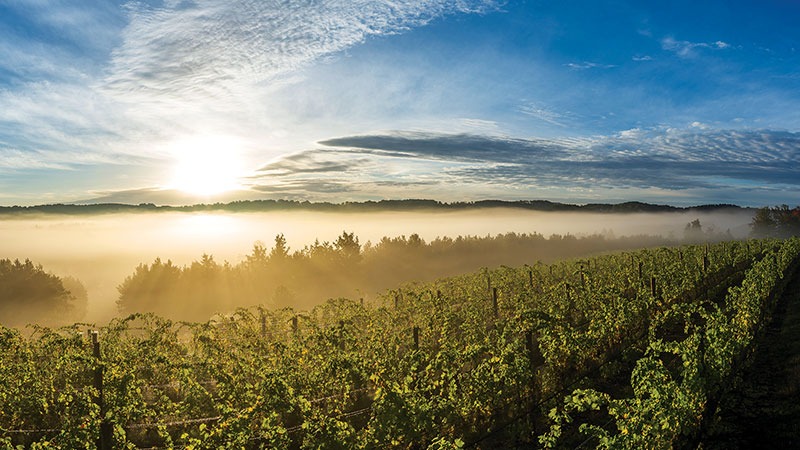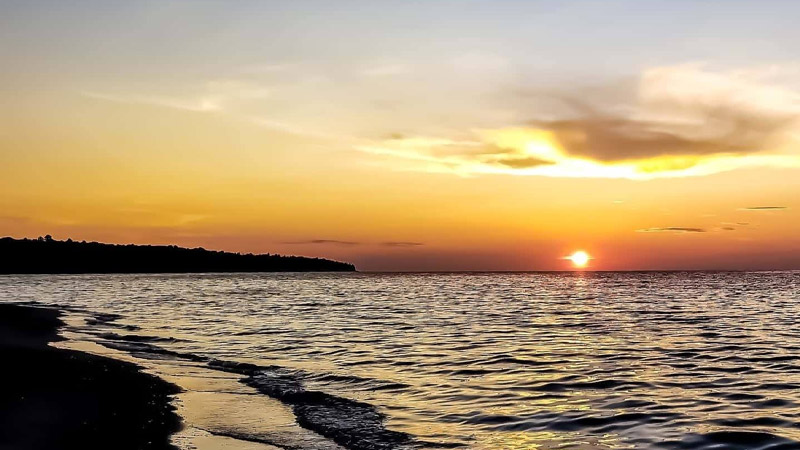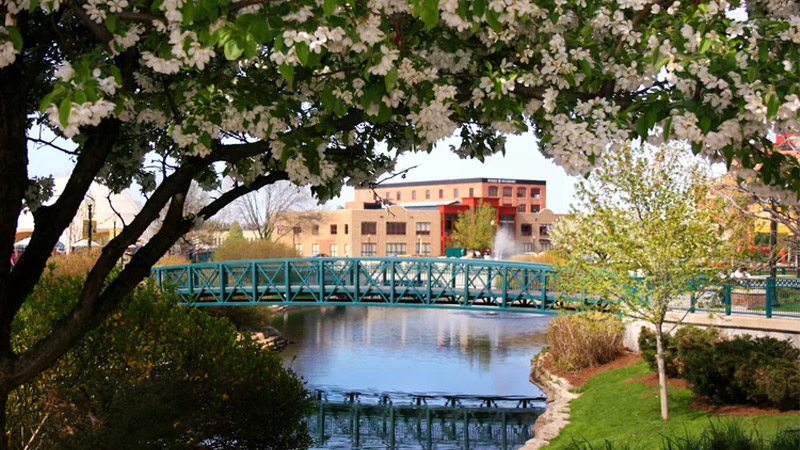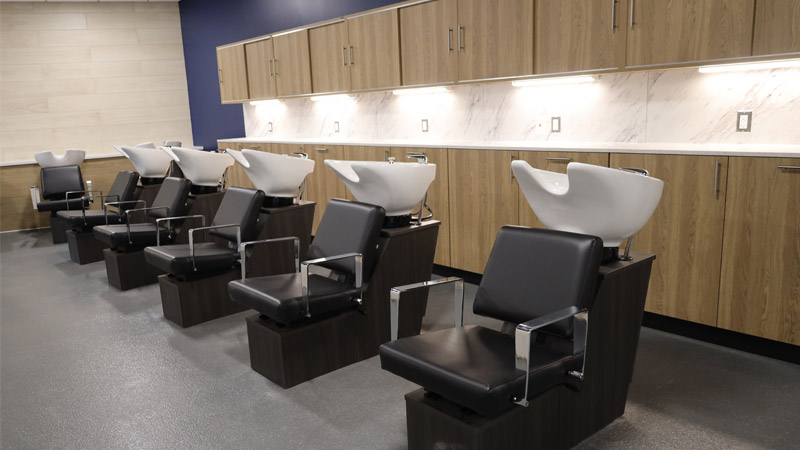Support for sustainable winemaking yields wine that’s better for people and the planet.
Shoppers are increasingly focused on how their purchasing decisions affect their health and that of the environment. The terms organic, natural, and sustainable have surpassed buzzword status, becoming a way of life for many. Discerning consumers, particularly millennials and members of Gen Z, look for these terms when making decisions about any purchase, down to a glass of wine.
The organic wine category has been growing for several years, and the trend continues in 2019. “Organic wine is still a relatively small sector: accounting for around 3.6 percent of global consumption. But with more than one billion bottles of organic wine set to be consumed around the world every year by 2022, it’s becoming increasingly significant,” said Rachel Arthur in Beverage Daily’s “The organic wine world is in full expansion mode—and shows no signs of stopping!”
“At Imperial Beverage, we recognize that this trend continues to be significant in grocery and retail,” said Larry Cekola, vice president of sales at Imperial Beverage. Imperial distributes more than 100 wine brands from around the world that have natural, sustainable, organic, or biodynamic designations statewide. “It is important to us to help our customers and wine consumers know just how many wines also carry organic designations. Informed consumers know what they are looking for, and it’s our job to supply it.”
Uncorking the Terminology
There are two types of organic designations that consumers might see on wine labels: “organically-grown grapes” or “organic.” Organically-grown grapes have been farmed without any synthetic pesticides or additives. To be certified “organic,” wine must be produced from organically-grown grapes and be free of any added sulfites.
The U.S. government regulates the use of the term “organic,” but “biodynamic” and “sustainable” have no legal definitions.
Biodynamic production is similar to organic farming in that both take place without synthetic chemicals. However, biodynamic farming incorporates ideas about a vineyard as an entire ecosystem and also takes into account astrological influences and lunar cycles. When producing a biodynamic wine, the winemaker does not make the wine with any common manipulations such as yeast additions or acidity adjustments.
Sustainability refers to a range of practices that are not only ecologically sound but also economically viable and socially responsible. There may also be a focus on energy and water conservation and use of renewable resources. Some third-party agencies offer sustainability certifications for winemakers, and many regional industry associations are working on developing clearer standards.
In Support of Better Practices
A non-profit organization called the Michigan Wine Collaborative (MWC) has brought people and resources together to help further natural wine-making practices throughout the state. The MWC’s mission is to enhance the sustainability and profitability of the Michigan wine industry by supporting wineries, growers, and businesses and individuals connected to the industry. It partners with the U.S. Department of Agriculture, 5 Lakes Energy, Michigan State University, and more to provide resources that are helpful to members as they continue their sustainability journey.
MWC has a lot in store for 2019, including several marketing and promotional activities to spread the good word about Michigan wine across the country. One such activity was a trip to the National Restaurant Association Show in Chicago in May. There, members’ wines were shared with buyers from all over the country. The MWC also plays a key role in planning the Michigan Wine Competition, which will celebrate its 42nd year in 2019.
The collaborative has also developed the Great Lakes Sustainable Wine Alliance (GLSWA), a group for Michigan wine industry members who have demonstrated their commitment to sustainability practices. More than a dozen wineries in the mitten are part of the alliance. To be a member of GLSWA, one must join the MWC and also be Michigan Agriculture Environmental Assurance Program (MAEAP) certified. MAEAP is an innovative, proactive program that helps farms of all sizes and all commodities voluntarily prevent or minimize agricultural pollution risks.
Labels to Look For
The GLSWA and its members are setting the standard for sustainable grape growing and wine production in the Great Lakes states. Members to note and look out for the next time you would like to enjoy some Michigan wine include Bowers Harbor Vineyards of Michigan’s Old Mission Peninsula and 45 North Vineyard & Winery of Michigan’s Leelanau Peninsula.
Northern Michigan’s wine growing regions are located on or very near the 45th parallel, exactly halfway between the equator and the North Pole. The internationally-recognized wine regions of Bordeaux in southwestern France, Italy’s Piedmont, and Oregon’s Willamette Valley are located on the same parallel. The microclimates created by the surrounding waters have made these regions great for producing a wide range of vegetables and fruits, including grapes. These large bodies of water stay warmer into the fall, which prolongs the growing season.
Wineries and other businesses around the world are focused on increasing the sustainability of their business practices to maximize the triple bottom line—people, planet, and profit. The concept of “natural” is not a new one, but it is currently at the forefront of the retail space, in stores and online. If you are someone who reads labels and checks for transparency of production, you likely don’t need further advice on the matter of choosing natural wine. For those newer to the concept, look for something with organic or sustainable production methods noted on the label. Better for the environment, better for you, better wine!
Charlotte Young is graphic design and social media specialist at Imperial Beverage, a long-standing member of the Michigan beverage distribution community. Established in 1933 after the repeal of prohibition and purchased by Kalamazoo’s Cekola family in 1984, Imperial has grown from a one-county beer distributor to a top 10 statewide beer, wine, and spirits wholesaler. With 390 employees and four locations in Kalamazoo, Livonia, Ishpeming, and Traverse City, Imperial provides statewide coverage that serves every Michigan County, every week, all year long.




